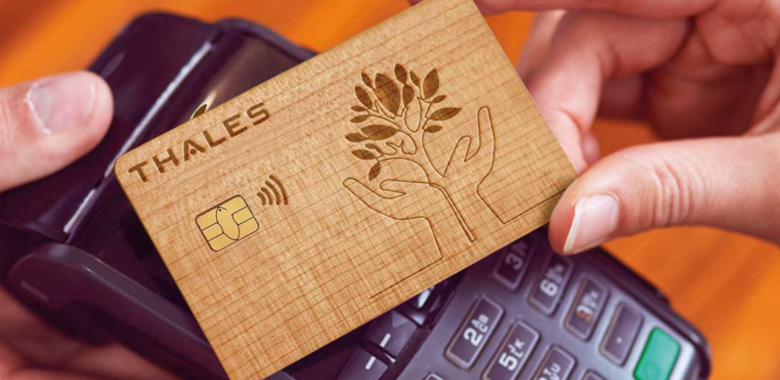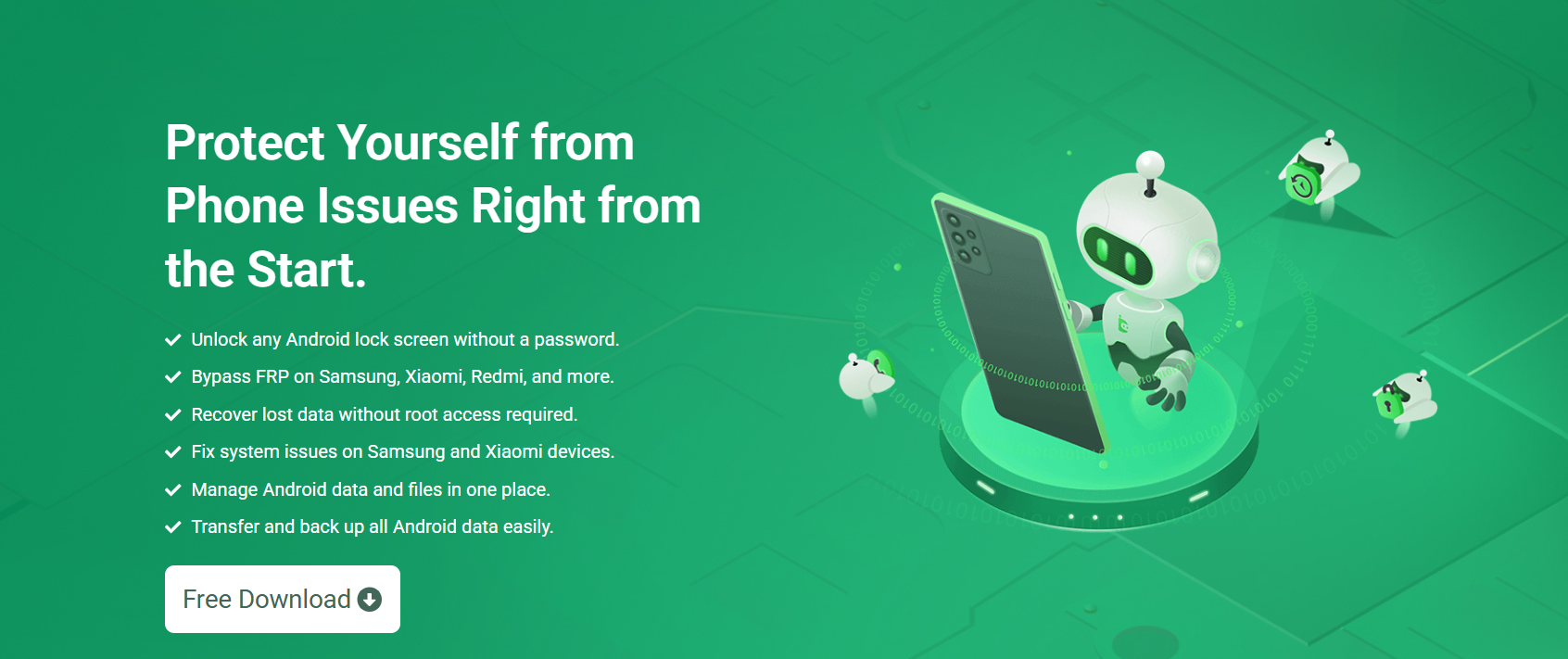The Hidden Market: Exploring Private CC Stores

The internet is a complex ecosystem, with billions of users conducting legitimate business every day—shopping, banking, networking, and learning. However, not all corners of the digital landscape are transparent. vclubshop Beneath the surface lies an underworld of shadowy platforms where stolen data circulates and cybercriminals thrive. Among these platforms are private CC stores, clandestine marketplaces where credit card information and personal identities are traded like commodities. This hidden market is both fascinating and dangerous, shaping the landscape of cybercrime and cybersecurity alike.
In this blog, we explore what private CC stores are, how they function, why they are so alluring to criminals, and how individuals and businesses can protect themselves from their reach.
What Are Private CC Stores?
The term CC refers to credit cards, and a private CC store is essentially an underground marketplace that specializes in selling stolen financial information. Unlike open cybercrime forums that anyone might stumble upon, these stores are exclusive, often operating on the dark web or hidden networks inaccessible to regular search engines.
In these hidden shops, buyers may find:
- Credit card numbers complete with expiration dates and CVV codes.
- Fullz packages (full identity profiles, including name, address, Social Security number, and banking details).
- Digital wallet access credentials.
- Online banking login information.
These stores mimic legitimate e-commerce platforms in structure but deal entirely in stolen data, making them both profitable for criminals and devastating for victims.
The Hidden Market Explained
The phrase “The Hidden Market” reflects two realities of private CC stores: secrecy and exclusivity.
- Secrecy:
These markets operate on encrypted networks like the dark web, hidden from casual users and protected by layers of anonymity. They are deliberately concealed to avoid detection by law enforcement and cybersecurity experts. - Exclusivity:
Private CC stores often require invitations, referrals, or proof of credibility to gain access. This exclusivity builds trust among members while creating a sense of prestige for those who belong. Only the most reliable or connected individuals are allowed inside.
Together, secrecy and exclusivity make private CC stores some of the most elusive components of the underground digital economy.
How Private CC Stores Operate
Despite being vclubshop login illegal, private CC stores operate much like mainstream online shops. Their structure is eerily familiar:
1. Data Acquisition
The backbone of private CC stores is stolen data. Hackers acquire credit card information using methods such as:
- Phishing attacks that trick victims into revealing details.
- Malware infections that extract information from devices or point-of-sale systems.
- ATM skimmers that capture card details during legitimate transactions.
- Data breaches that compromise millions of records from corporations or retailers.
2. Listings and Categorization
Once obtained, the stolen data is categorized. Buyers can search by:
- Card type (Visa, MasterCard, Amex).
- Country of issue.
- Issuing bank.
- Spending limit or account balance.
3. Pricing
Prices vary widely depending on the quality of the information:
- Basic card details might sell for $5–$10.
- Full identity packages can cost $50–$200.
- Business accounts and premium cards command even higher prices.
4. Transactions
All purchases are made using cryptocurrencies like Bitcoin or Monero. This ensures anonymity for both the buyer and seller. Some stores even offer escrow services to guarantee fairness.
5. Customer Experience
Remarkably, many private CC stores mimic legitimate customer service features. Buyers can leave reviews, request replacements for invalid cards, or even access dispute resolution systems. This customer-focused structure keeps these hidden markets alive and profitable.
The Appeal of Private CC Stores
Why do criminals flock to these secret marketplaces? The answer lies in three key factors:
- Profitability:
Stolen card data can be quickly monetized through fraudulent purchases, cash withdrawals, or resale to other criminals. - Accessibility:
While gaining access requires some effort, once inside, criminals find organized, user-friendly platforms that make illegal activities easy to execute. - Anonymity:
The use of cryptocurrencies and encrypted networks allows participants to conceal their identities, reducing the risk of being caught.
Together, these factors make private CC stores a lucrative and relatively low-risk option for cybercriminals.
The Risks and Consequences
While private CC stores represent opportunity for criminals, they pose enormous risks for individuals, businesses, and even the broader economy.
For Individuals
- Financial Loss: Unauthorized charges drain accounts and create lasting damage.
- Identity Theft: With full profiles, criminals can open new accounts, file taxes, or apply for loans in someone else’s name.
- Emotional Impact: Victims face stress, wasted time, and the burden of proving fraud.
For Businesses
- Reputation Damage: Customers lose trust in companies that suffer data breaches.
- Legal Repercussions: Failing to safeguard data can result in lawsuits and regulatory penalties.
- Financial Costs: Recovering from breaches requires extensive resources, from forensic investigations to customer compensation.
For the Economy
The global cost of credit card fraud reaches billions annually, weakening trust in digital commerce and straining financial institutions.
Law Enforcement vs. The Hidden Market
The fight against private CC stores is relentless. Law enforcement agencies across the globe dedicate significant resources to uncovering and dismantling these networks.
Tactics Used by Authorities
- Infiltration: Agents pose as buyers to gather intelligence and identify operators.
- Marketplace Takedowns: Coordinated operations have successfully shut down major platforms like AlphaBay and Silk Road.
- International Collaboration: Cybercrime transcends borders, requiring cooperation between multiple countries.
- Advanced Technology: Authorities use blockchain analysis, artificial intelligence, and cyber forensics to track activity.
Despite these efforts, the adaptability of criminals means new markets often appear after old ones are dismantled.
Protecting Yourself Against Private CC Threats
While law enforcement plays a vital role, individuals and businesses must also take steps to protect themselves from becoming victims.
For Individuals
- Monitor credit card and bank statements regularly.
- Enable alerts for suspicious transactions.
- Use unique, strong passwords and multi-factor authentication.
- Avoid unsecured public Wi-Fi for online financial activity.
- Stay vigilant against phishing attempts.
For Businesses
- Encrypt sensitive data and adopt tokenization for transactions.
- Train employees in cybersecurity awareness.
- Implement intrusion detection systems and continuous monitoring.
- Conduct routine audits and penetration testing.
- Develop incident response strategies to act quickly during breaches.
By adopting these measures, individuals and businesses reduce the likelihood of their information ending up in private CC stores.
The Future of Private CC Stores
The hidden market of private CC stores is unlikely to disappear entirely. As long as credit card data remains valuable, criminals will continue finding ways to exploit vulnerabilities. However, the future is not without hope.
- Stronger Security Technologies: Innovations in biometrics, tokenization, and AI-driven fraud detection are making stolen data harder to use.
- Global Collaboration: Increasing international cooperation promises more effective crackdowns.
- Consumer Awareness: Educated users are less likely to fall victim to phishing or scams, reducing the flow of fresh data into the underground economy.
The battle is ongoing, but progress is being made on multiple fronts.
Final Thoughts
“The Hidden Market: Exploring Private CC Stores” reveals a world that mirrors legitimate commerce but thrives in secrecy and crime. These underground shops are meticulously organized, offering stolen financial data to the highest bidder. For criminals, they represent profit. For victims, they represent hardship and loss.
Ultimately, awareness is the strongest defense. By understanding how private CC stores operate and adopting preventative measures, individuals, businesses, and governments can work together to limit their reach. The hidden market may remain, but its influence can be weakened through vigilance, innovation, and cooperation.



